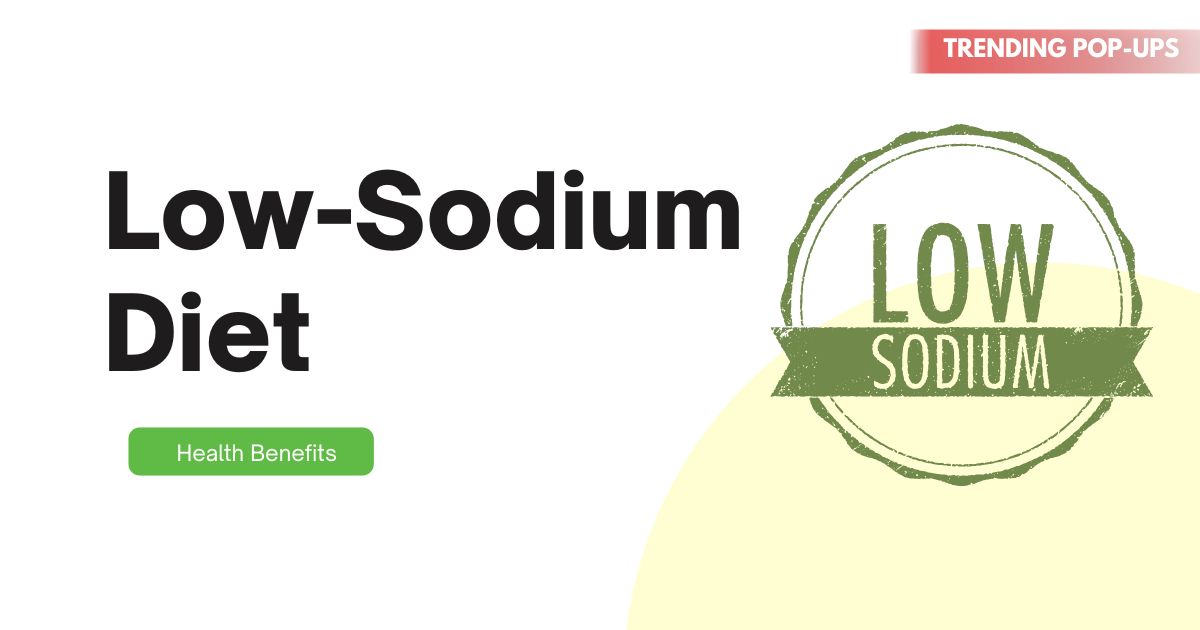Gut health has become one of the most talked-about topics in wellness today—and for good reason. The gut, often called the body’s “second brain,” plays a central role in digestion, immunity, and even mental well-being. At the heart of gut health lies one key player: probiotics.
But what exactly are probiotics, how do they work, and why should you include them in your daily routine? Let’s break it down in simple terms.
What Are Probiotics?
Probiotics are live microorganisms—mostly beneficial bacteria and some yeasts—that provide health benefits when consumed in adequate amounts. Unlike harmful bacteria that cause illness, probiotics are the “good guys” that help maintain balance in your digestive system.
They are naturally present in your body and in many fermented foods, but sometimes, poor diet, stress, and medications (like antibiotics) can disrupt this balance. That’s where consuming probiotic-rich foods or supplements comes in.
The Role of Gut Microbiome in Health
Your gut is home to trillions of microorganisms collectively called the gut microbiome. A healthy microbiome helps with digestion, nutrient absorption, immune defense, and hormone regulation. However, when the balance between good and bad bacteria is disrupted, issues like bloating, constipation, diarrhea, and even weakened immunity may occur.
Probiotics restore harmony in this system, keeping your gut and overall health in check.
How Probiotics Improve Gut Health
1. Restoring Healthy Bacteria Balance
Probiotics replenish beneficial bacteria in the gut, especially after disruptions caused by antibiotics, poor diet, or illness. This helps prevent harmful bacteria from overgrowing.
2. Improving Digestion and Nutrient Absorption
Certain probiotic strains aid in breaking down food components like lactose, fiber, and proteins. This makes digestion smoother and ensures better absorption of vitamins and minerals.
3. Supporting Immune Function
About 70% of your immune system resides in your gut. Probiotics strengthen your natural defenses by stimulating immune cells and reducing harmful bacteria, lowering the risk of infections.
4. Reducing Digestive Disorders
Probiotics are known to help manage conditions such as irritable bowel syndrome (IBS), inflammatory bowel disease (IBD), diarrhea, and constipation. They also reduce bloating and discomfort by regulating bowel movements.
5. Enhancing Mental Health via the Gut-Brain Axis
The gut and brain communicate through what’s known as the gut-brain axis. A healthy microbiome influences mood-regulating chemicals like serotonin. Research shows that probiotics may reduce stress, anxiety, and even depression.
Best Sources of Probiotics
Probiotic-Rich Foods
-
Yogurt: A common and widely available source.
-
Kefir: A fermented milk drink loaded with diverse strains of probiotics.
-
Sauerkraut: Fermented cabbage rich in probiotics and fiber.
-
Kimchi: A spicy Korean fermented dish with beneficial bacteria.
-
Miso: A Japanese seasoning made from fermented soybeans.
-
Kombucha: A fermented tea with probiotics and antioxidants.
-
Pickles (naturally fermented): Provide beneficial bacteria when prepared without vinegar.
Probiotic Supplements
Supplements are a convenient option, especially for people who don’t consume enough fermented foods. They are available in capsules, powders, and drinks. Look for products with multiple strains and at least 1 billion CFUs (colony-forming units) for effectiveness.
Types of Probiotic Strains and Their Benefits
Not all probiotics are the same. Different strains serve different functions:
-
Lactobacillus: Helps with lactose digestion, diarrhea, and immune support.
-
Bifidobacterium: Supports digestion, reduces constipation, and enhances immunity.
-
Saccharomyces boulardii (a yeast): Effective in preventing diarrhea and restoring gut balance after antibiotics.
Knowing which strain suits your needs is essential for reaping maximum benefits.
Tips for Maximizing Probiotic Benefits
-
Eat Prebiotics: Prebiotics are non-digestible fibers (found in foods like garlic, onions, bananas, and asparagus) that feed probiotics and help them thrive.
-
Take Consistently: Probiotics work best when consumed regularly.
-
Avoid Excess Sugar and Processed Foods: These can harm beneficial bacteria and disrupt gut balance.
-
Stay Hydrated: Adequate water intake supports gut function.
-
Pair with a Balanced Diet: Whole grains, lean proteins, and fiber-rich vegetables complement probiotic activity.
Who Should Take Probiotics?
Probiotics are generally safe for most people, but they are especially beneficial for:
-
Individuals recovering from antibiotics.
-
People with digestive issues like bloating, constipation, or diarrhea.
-
Those with weakened immunity.
-
Individuals seeking natural support for stress and mental health.
However, people with severe illnesses or compromised immune systems should consult a doctor before starting supplements.
Potential Side Effects of Probiotics
Most people tolerate probiotics well, but minor side effects such as gas, bloating, or mild stomach upset may occur initially. These usually disappear once the body adjusts. Choosing the right strain and dosage helps minimize these effects.
Also Read : The Best Plant-Based Protein Sources
FAQs
Q1: Can I get enough probiotics from food alone?
A: Yes, many people can maintain gut health through a diet rich in fermented foods. However, supplements may be needed if your diet lacks variety or if you have specific health issues.
Q2: How long does it take for probiotics to work?
A: Most people notice improvements in digestion and energy within 2 to 4 weeks of consistent use.
Q3: Are all probiotic supplements the same?
A: No. Effectiveness depends on the strains included, CFU count, and quality of the product. Always choose reputable brands.
Q4: Can children take probiotics?
A: Yes, but it’s best to consult a pediatrician for proper strains and dosages tailored to children’s needs.
Q5: Do probiotics need to be refrigerated?
A: Some strains do, but many modern supplements are shelf-stable. Always check the product label.



